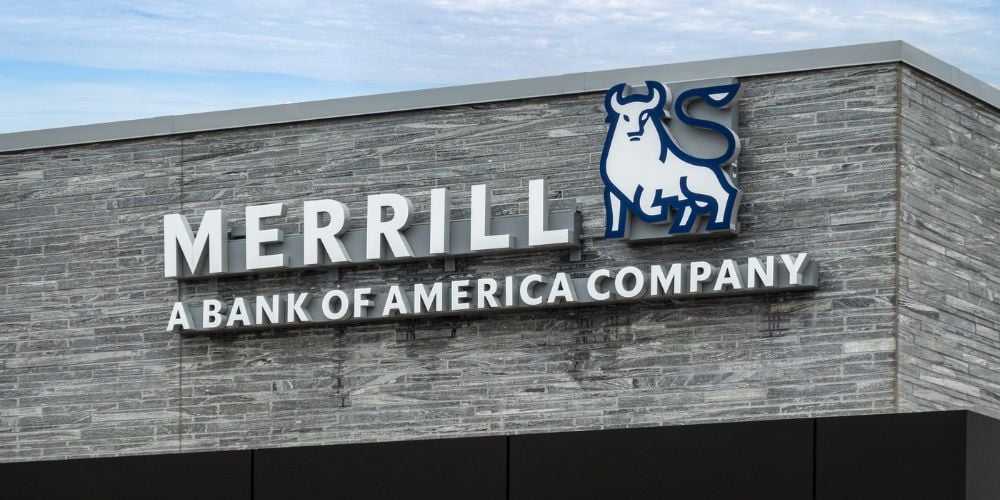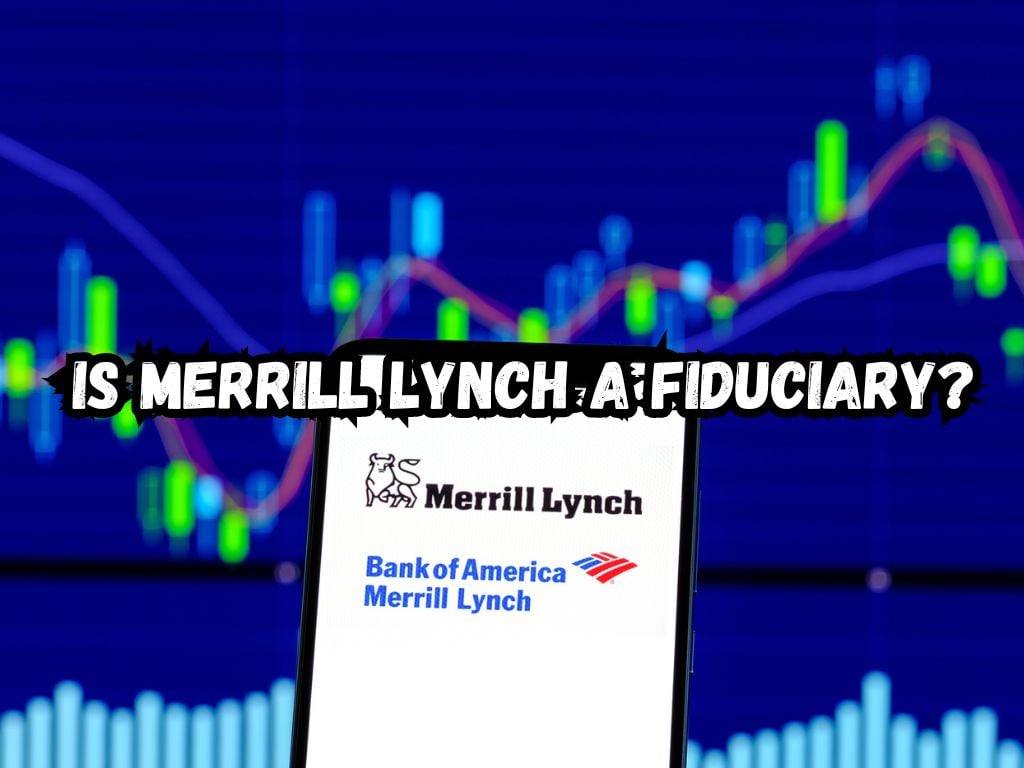When it comes to managing your investments and securing your financial future, working with a trusted advisor is crucial.
A fiduciary is someone who is legally obligated to act in your best interest, providing unbiased advice and making decisions solely for your benefit.
In this article, we will explore the important question: Is Merrill Lynch a fiduciary?
Merrill Lynch’s Fiduciary Advisory Services
Merrill Lynch offers a range of advisory services to its clients, including both fiduciary and non-fiduciary options. It is important to differentiate between these two types of advisors at Merrill Lynch to fully understand the nature of their responsibilities.
Fiduciary Advisors
Merrill Lynch does have a segment of advisors who operate under a fiduciary duty. These advisors are legally required to act in the best interest of their clients and prioritize client well-being over their own financial gain.
They are obligated to provide advice that is suitable and beneficial based on the client’s individual circumstances.
Non-fiduciary Advisors
Merrill Lynch also has non-fiduciary advisors who are not held to the same legal standards as fiduciaries.
Non-fiduciary advisors may operate under the “suitability standard,” which means they must recommend investments that are suitable for you at the time, but not necessarily the best option available.

Understanding the Roles and Responsibilities of Fiduciary Advisors
Merrill Lynch’s fiduciary advisors are committed to acting in their clients’ best interest. They are required to do the following:
1. Prudent Investment Decisions
Fiduciaries must exercise care, skill, and diligence when making investment decisions on behalf of their clients. They must carefully evaluate investment options, considering factors such as risk tolerance, investment goals, and time horizon.
2. Conflict of Interest Mitigation
Fiduciaries have a duty to manage and disclose any potential conflicts of interest that may arise. These conflicts could include compensation arrangements, affiliations with other financial institutions, or personal relationships that may influence their recommendations.
3. Transparency and Disclosure
Fiduciaries are obligated to communicate clearly and honestly with their clients, providing full disclosure of fees, potential conflicts of interest, and any material information that may impact investment decisions.
The Legal Framework
To understand the fiduciary status of Merrill Lynch, it is important to examine the legal framework that governs their operations.
The Dodd-Frank Act
The Dodd-Frank Act, enacted in response to the 2008 financial crisis, included provisions aimed at enhancing investor protection and transparency.
Among these provisions was a mandate for the Securities and Exchange Commission (SEC) to study and potentially establish a uniform fiduciary standard for all financial advisors.
SEC’s Rulemaking
The SEC has been actively engaged in rulemaking to establish a fiduciary standard that would apply to all financial advisors.
However, as of the writing of this article, the SEC has not yet implemented a uniform fiduciary standard for all advisors.
Is Merrill Lynch a Fiduciary? Impacts and Implications on Merrill Lynch’s Fiduciary Status
The absence of a uniform fiduciary standard across the industry has led to varying interpretations and practices among financial firms, including Merrill Lynch.
While Merrill Lynch does offer fiduciary advisory services, it is important for investors to understand that not all advisors at Merrill Lynch operate as fiduciaries.
Recent Developments and Policy Changes
It is crucial to stay updated on recent developments and policy changes that may affect the fiduciary responsibilities of advisors at Merrill Lynch. New regulations or changes to existing regulations could impact the standards to which Merrill Lynch’s advisors are held.
Evaluating Merrill Lynch’s Fiduciary Status
To evaluate Merrill Lynch’s fiduciary status, it is essential to consider its historical stance on fiduciary responsibility and the factors that influence its fiduciary obligations.
Historical Perspective
Merrill Lynch has a long-standing reputation in the financial industry, and its advisors have been trusted by countless clients over the years.
While the firm has faced criticism and legal challenges related to fiduciary duty in the past, it has also taken steps to enhance its fiduciary practices.
Factors Influencing Fiduciary Obligations
Merrill Lynch’s fiduciary obligations can be influenced by a range of factors, including the specific services provided, the type of account or investment being managed, and the regulatory environment in which the firm operates.
Transparency and Disclosure Practices
Transparency and disclosure are crucial elements of the fiduciary relationship. When working with Merrill Lynch, it is important to understand their practices in these areas.
Merrill Lynch’s Commitment to Client Protection
Merrill Lynch places a strong emphasis on client protection and has implemented various measures to safeguard clients’ interests.
These measures include robust compliance frameworks, ongoing supervision, and internal policies and procedures designed to prevent potential conflicts of interest.
Investor Rights and Recourse
While advisors are expected to act in the best interest of their clients, it is important for investors to be aware of their rights and potential recourse in case of fiduciary breaches.
Compensation Structure and Potential Conflicts of Interest
It is important to understand how advisors at Merrill Lynch are compensated and whether their compensation structure presents any potential conflicts of interest.

Comparing Merrill Lynch with Other Financial Advisors
To gain a comprehensive understanding of Merrill Lynch’s fiduciary status, it is helpful to compare it with other financial advisors in the industry.
Differentiating Merrill Lynch from Fiduciary Advisors in the Industry
Many independent financial advisors operate exclusively as fiduciaries, putting their clients’ best interests first. Comparing Merrill Lynch to these advisors can help investors evaluate their options.
Pros and Cons of Working with Merrill Lynch as a Non-fiduciary Advisor
While Merrill Lynch’s non-fiduciary advisors may still provide valuable guidance, it is important to consider the pros and cons of working with a non-fiduciary advisor within the Merrill Lynch framework.
Assessing Merrill Lynch’s Reputation and Customer Satisfaction
Investors should also consider the reputation and customer satisfaction levels of Merrill Lynch before making a decision. This can be done by researching online reviews, seeking recommendations, and speaking with current or former clients.
Frequently Asked Questions
Is Merrill Lynch a fiduciary in the US?
Merrill Lynch offers both fiduciary and non-fiduciary advisory services. It is important to understand the distinction and choose an advisor whose fiduciary duties align with your needs.
Are Merrill Lynch advisors held to a fiduciary standard?
Merrill Lynch does have fiduciary advisors who are legally obligated to act in their clients’ best interest. However, not all advisors at Merrill Lynch operate as fiduciaries, so it is crucial to clarify your advisor’s role and responsibilities.
Can Merrill Lynch clients expect unbiased advice?
Fiduciary advisors at Merrill Lynch are expected to provide unbiased advice and prioritize clients’ best interests. However, it is important to be aware that non-fiduciary advisors may have different obligations.
How can clients determine if their advisor at Merrill Lynch is a fiduciary?
To determine if your advisor is a fiduciary, ask direct questions about their duties and responsibilities, and review the documentation provided to you, such as the client agreement or Form ADV.
What steps should investors take to protect their interests when working with Merrill Lynch?
To protect your interests, conduct thorough research, understand the different types of advisors at Merrill Lynch, ask for clear explanations and disclosures, and regularly review your investment portfolio.
Conclusion
Merrill Lynch does offer fiduciary advisory services, and clients seeking a fiduciary relationship can work with a qualified advisor within the firm.
However, not all advisors at Merrill Lynch operate as fiduciaries, so careful consideration is necessary when selecting an advisor.
Investors should always ask direct questions, review relevant documentation, and stay informed about changes in regulations and industry practices to make well-informed investment decisions.


 Tags:
Tags:










